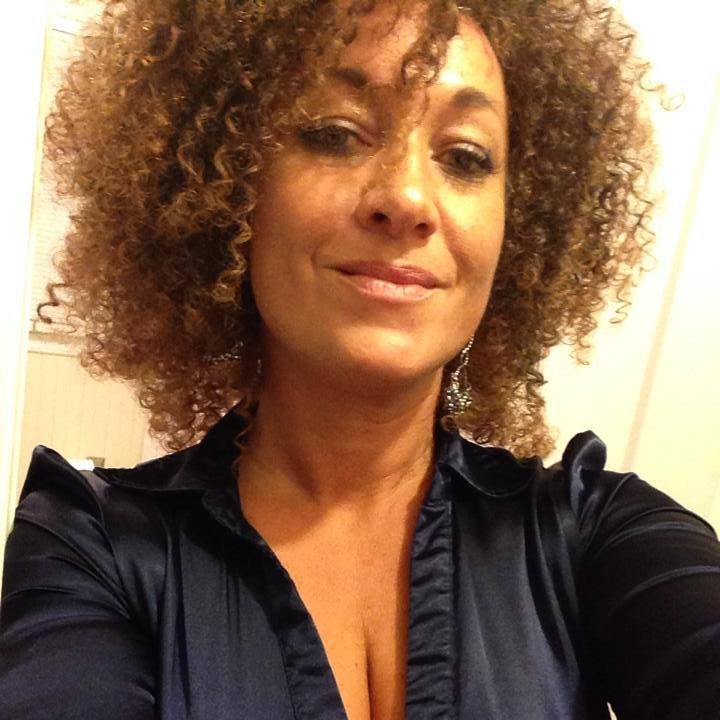Rachel Dolezal, a former NAACP leader from Spokane, Washington, who made headlines in 2015 after she was exposed as a white woman who had been representing herself as black, said Saturday that she still believes race is a “social construct.”
Two years on, Dolezal has written a memoir, titled “In Full Color: Finding My Place in a Black and White World,” in which she describes identifying as black at a very early age. She told CNN’s Michael Smerconish that her aunt once made her a “black Raggedy Ann doll.”
“She kind of recognized and seemed to understand my affinity for black is beautiful and black is inspirational,” Dolezal said.
Asked by Smerconish if she sees parallels between what she dubs her “trans-black” identity and Caitlyn Jenner, the transgender former Olympic champion, Dolezal said that “a lot of people have drawn that parallel.”
“I want to be careful because certainly every category of our identity is, you know, with its own unique circumstances and challenges,” Dolezal said.
“But for sure there is some similarity in terms of harmonizing the outer appearance with the inner feeling,” she said. “In terms of stigmatized identities, some people will forever see me as my birth category and nothing further. And the same with Caitlyn.”
In her book, Dolezal says she regrets her now infamous 2015 answer to the question “Are you African-American?” Dolezal told a local reporter that she “didn’t understand the question.” Today, she told Smerconish, she’d have a different response.
“If I would have had time to really, you know, discuss my identity, I probably would have described a more complex label, pan-African, pro-black, bisexual, mother, artist, activist, but I think the question, Are you African-American? — I haven’t identified as African-American. I’ve identified as black. And black is a culture, a philosophy, a political and social view,” she said.
“I believe that race is a social construct,” she added.
Asked by Smerconish if she still experiences “hostilities” from those who have accused her of appropriating black culture, Dolezal said she still hears “love and hate” from both white and black people.
“Those who are going to hate, you know, I mean, they have their minds made up,” she said. “Maybe they’ll never read the book. I hope they do.”



